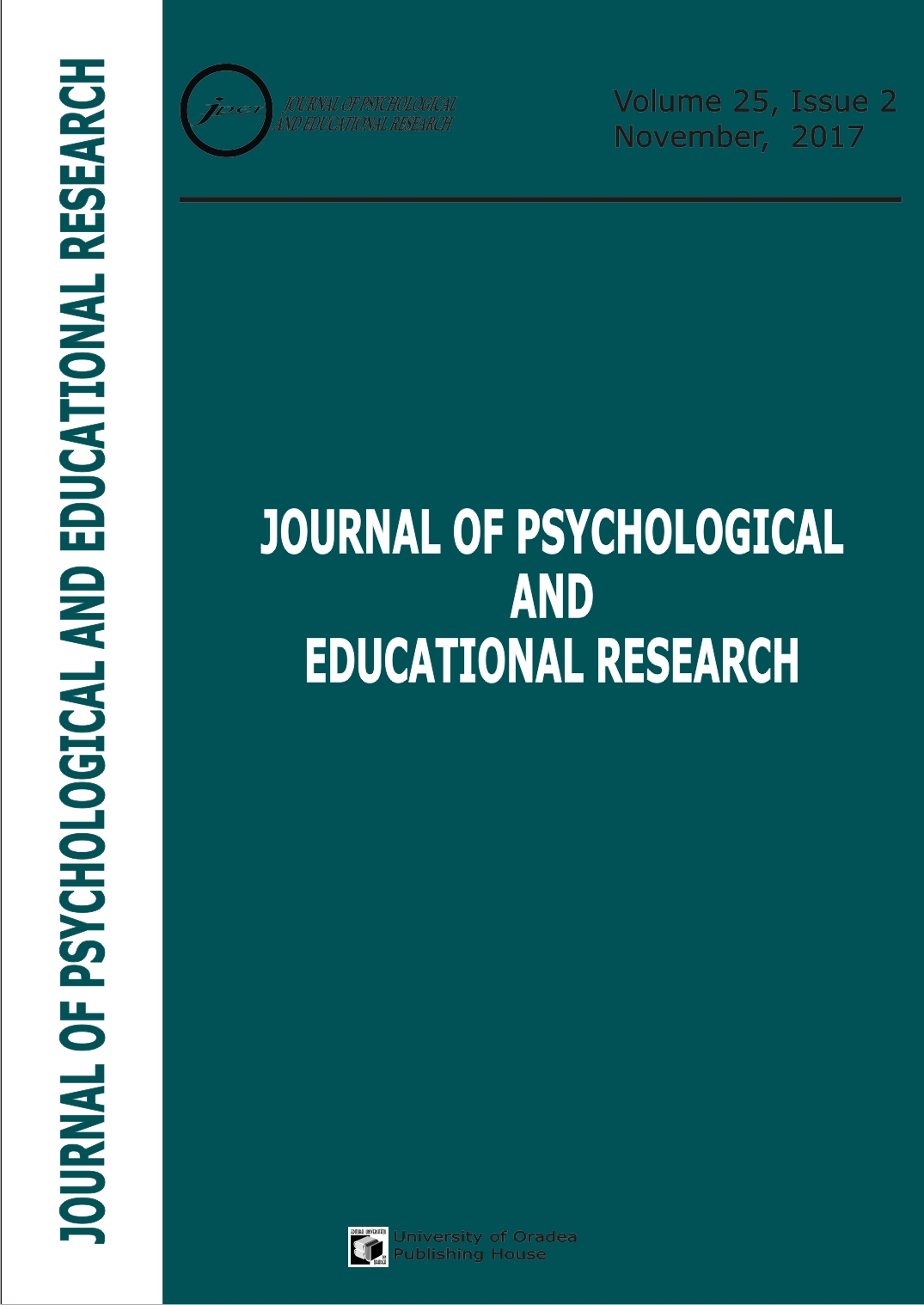Guilt and shame proneness: The role of work meaning and perceived unethicality of no harm no foul behavior among private sector employees
Guilt and shame proneness: The role of work meaning and perceived unethicality of no harm no foul behavior among private sector employees
Author(s): Juneman Abraham, Milda Yunita Sari, Afifah Azizah, Wing IspurwantoSubject(s): Psychology
Published by: Editura Universitatii din Oradea
Keywords: shame proneness; guilt; moral emotion; work meaning; ethical psychology; corruptive tendency
Summary/Abstract: The lower moral emotions - i.e. shame and guilt - proneness has been linked by Cohen, Wolf, Panter, and Insko (2011) with a higher tendency of doing corruption. This present study hypothesized that meaningful work and perceived unethicality of no harm no foul behavior (NHNF) can predict the proneness in positive directions. Simple linear regression analyses on data from 210 employees (122 males, 88 females; Mage=27.96 years old; SDage=5.265 years) in the Greater Area of Jakarta, Indonesia showed that meaningful work, but not NHNF unethicality perception, can predict most of moral emotions proneness. This study provides empirical evidence against speculative claims that meaning, both in the general and work life, contributes to human morality. Corruption can be minimized by improving work meaning. The underlying assumption is that both meaning and morality make up “a good life”. This article uses an explanation of the work spirituality inspired by religious teachings - which indeed greatly influence the psychological reality of Eastern society, like Indonesian. This study provides optimism for the prevention of unethical behaviors since meaning is an entity that can be constructed and intervened. We need a serious commitment to have appropriate cultural strategies for developing favored meaning.
Journal: Journal of Psychological and Educational Research (JPER)
- Issue Year: XXV/2017
- Issue No: 2
- Page Range: 90-114
- Page Count: 25
- Language: English

